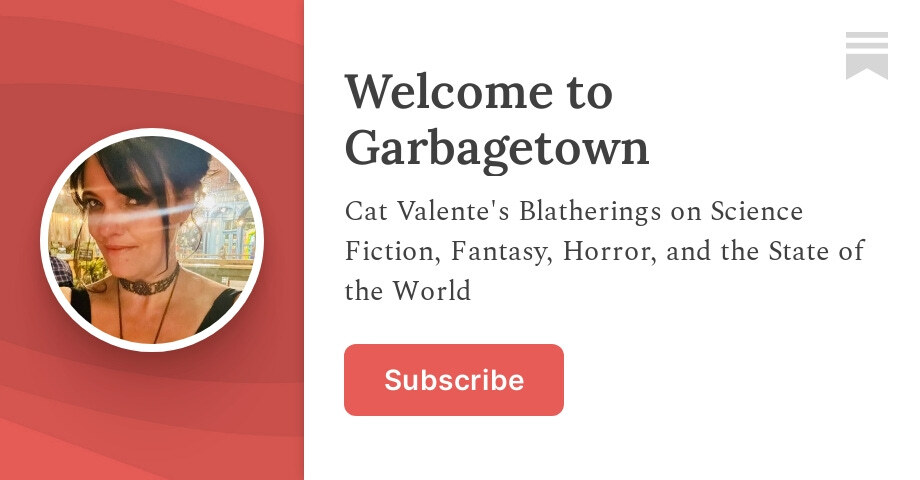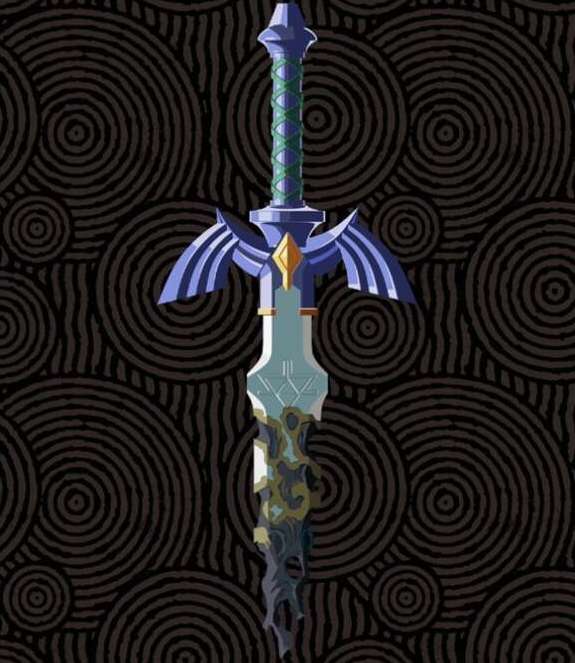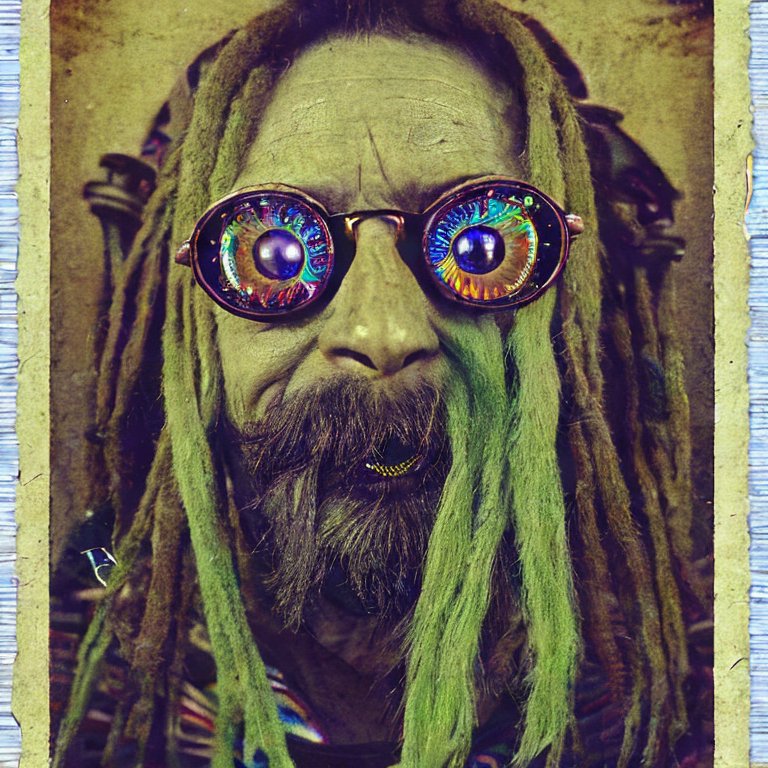This is an article by Cat Valente during the Twitter Migration, discussing the cycle of enschittification and the history of social media.
We found it very perceptive and helpful when leaving Twitter, and I think people leaving Reddit may feel the same.
Yep, as another Xennial, I can relate to a lot of this. Enshittification has been going on for a long time. Although consumerism, materialism and enshittification certainly skyrocketed from the 1980s onwards. Loneliness, isolation, depression, lack of community… all makes more money for the wealthy and corporations - happy people don’t need to buy useless crap to fill the void. Which is in part why we saw the largest wealth transfer in human history during the SARS-CoV-2 pandemic.
I would disagree that it’s anything to do with left vs right politics though. I’m old enough to remember when being left meant being ant-consumerism and fuck the man (those hippy origins). Nowadays people in politics and the wealthy don’t care about left, right, centrist. They ALL do whatever wins them votes and makes them the most amount of money. Otherwise we wouldn’t have greenwashing, pinkwashing, rainbow-washing, etc., nor left politicians protecting corporate interests. There’s more money for politicians and The Man by pushing the whole left or right ideologies division. This can be seen by social media platforms encouraging outrage and conflict but it happens online and offline.
I’m not really angry (I definitely tend more towards the peace loving hippy spectrum of Xennials) but I definitely feel frustrated and saddened that people don’t realise how much power they have to end this bullshit. All of these problems only work if the populous is compliant with it and complicit in it. If we as a collective stopped buying, if we choose to opt-out, it would be relegated to history. (Granted I understand it’s not that easy but even small steps such as being a conscientious consumer and just consuming less is a big step in the right direction as is looking for community engagement instead of thinking that social media fills that void).
I definitely feel frustrated and saddened that people don’t realise how much power they have to end this bullshit. All of these problems only work if the populous is compliant with it and complicit in it.
So much this! But many never realize it. It’s so sad though how many people are well-adjusted to such a sick society.
As a former user of Prodigy, all I ever wanted was for the Sears catalog to be accessible on there, as it was dying. They could have done exactly what Amazon did, but with the brand power of Sears. Home delivery was a solved problem for them - hell, Sears’ Home Delivery could literally deliver homes! Look it up, you will find houses still standing that were prefabbed and delivered. Yes, we damn well should have shut up and bought things. I say this having been one of the world champs of the Prodigy Carmen Sandiego - one of the kids they wanted to just shut up. If my family could have bought everything from Sears (& K-Mart) from Prodigy, we would have!
Sell me a thing worth buying and I’ll shut up and buy it. Sell me snow in the winter, I’ll just shut up and walk away.
As for LJ, yeah, a lot of English speaking people had no idea about it. I saw it when I looked up the company buying LJ. Many of my friends at the time moved to IJ & DJ. I wasn’t hurt, I wasn’t affected directly, so I stayed until I got bored.
That’s how I feel about social media - I’m there till it bores me. Give me something worth buying, I’ll shut up and buy it.
Wonderful article, beautifully written, thanks for sharing. I’m just so sad every time they take an online home away from us.
Beautiful rant, and quite powerful too. Not much else to say, except that we won’t stop creating new places for ourselves till we finally get to keep them, irrespective of those who keep trying to destroy our communities.
“Overthink Twin Peaks” goodness I love that so much and there’s no kbin magazine or lemmy Twin Peaks server or whatever it’s called. Off to watch FWWM instead.
I take it back there’s two servers on Lemmy but only one has any posts.
Dial up bulletin boards, run by hobbyists, existed at the same time as Prodigy and Compuserve in the late 80’s and early 90’s. There was a very large ecosystem of nodes that networked their message boards with other nodes, using technologies like FidoNet, and a large vibrant community of folks from all walks of life.
I’m writing this comment using a node that participates in a very large ecosystem of nodes that network their message boards with other nodes.
I hope these new BBSes don’t die out like the old ones did.
I love the history of the internet, so this article was a fascinating yet sobering read. For me, the internet really changed from 2014-15. I was really on YouTube as a user, for both music and entertainment (mostly comedy and animation.) Like, my middle/high school friends and I loved jacksfilms and tobuscus, for example. Then sometime after 2015 it felt like YouTube became boring and wierdly conservative. There’s a lot of good content still, but now it’s all 3 hour thought pieces about politics or fandom or both. It felt like YouTube went more and more mask off on the “buying things” part, making the ads longer, unskippable, in the middle of videos, faster to loads, etc.
I didn’t realize this article wasn’t about reddit until it said it was 2022.
This was an interesting piece, thank you for sharing.
This is an open question: are there any lemmy communities with think pieces and discussions like this from a broad “How we got to this state of the web, and how/what paths we can move forward” perspective"?
I suppose this is true of many disruptions/movements from devolving services to alternatives, but the past couple weeks have given me (more than usual) reason to pause and think about how I’ve participated in the net writ large - both pre- and post-“social media” - over the course of my life. Problem is, I find myself at a loss for words/concepts to articulate/work through this thinking effectively. At the same time, I know people are thinking about this, and have been for a while, from a variety of perspectives. There’s also the fact that, as this article demonstrates, there’s a larger history here that is instructive.
It many ways, watching different communities and instances actively wrestling with questions about content moderation, who gets a say on what concerns relevant to instances, and the consequences/merits of defederation is instructive. But we’ve been here before - with this in mind, I’d love more broad perspectives on … idk, I guess the sociology of networked communities over internet history including today.











